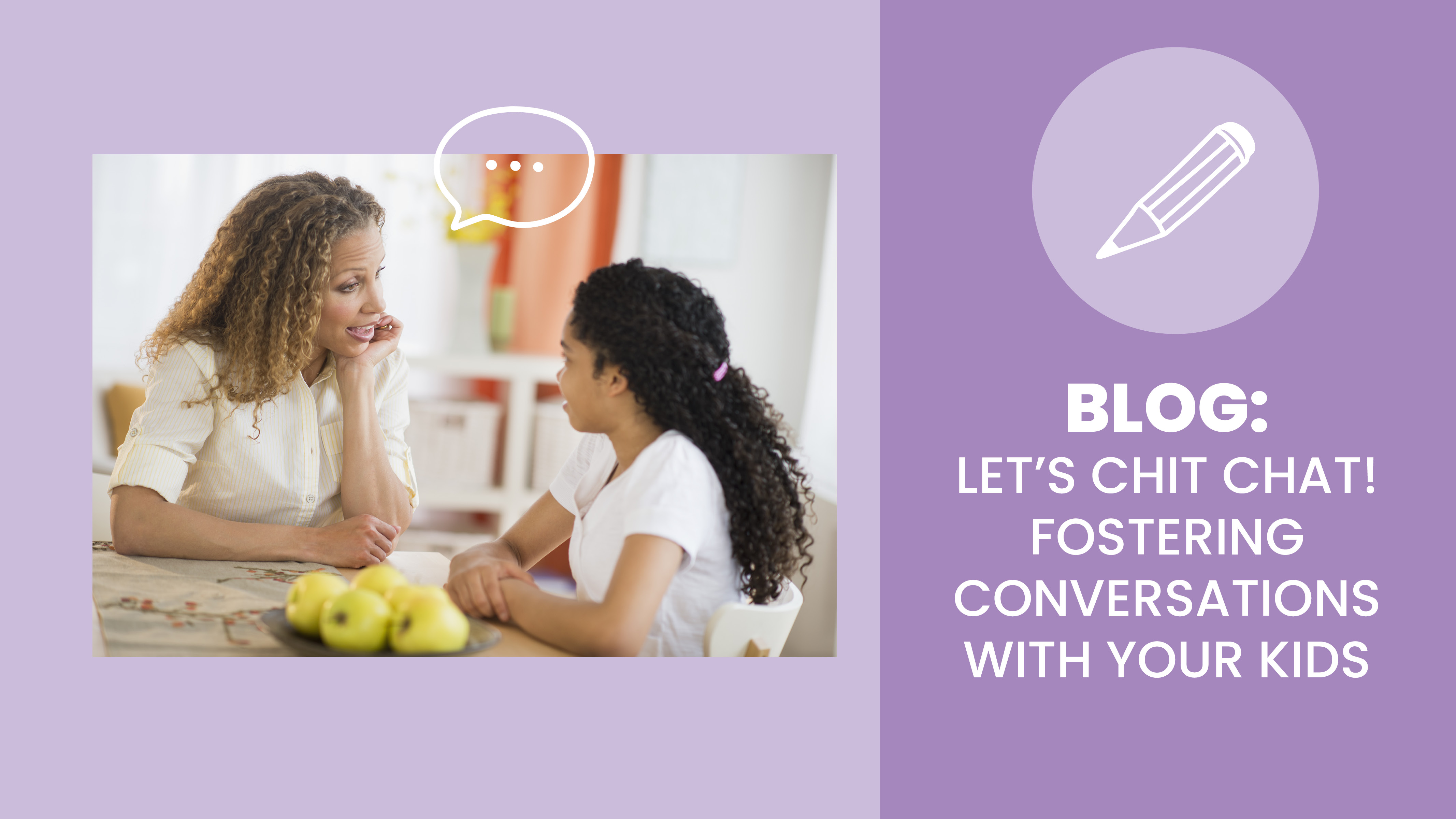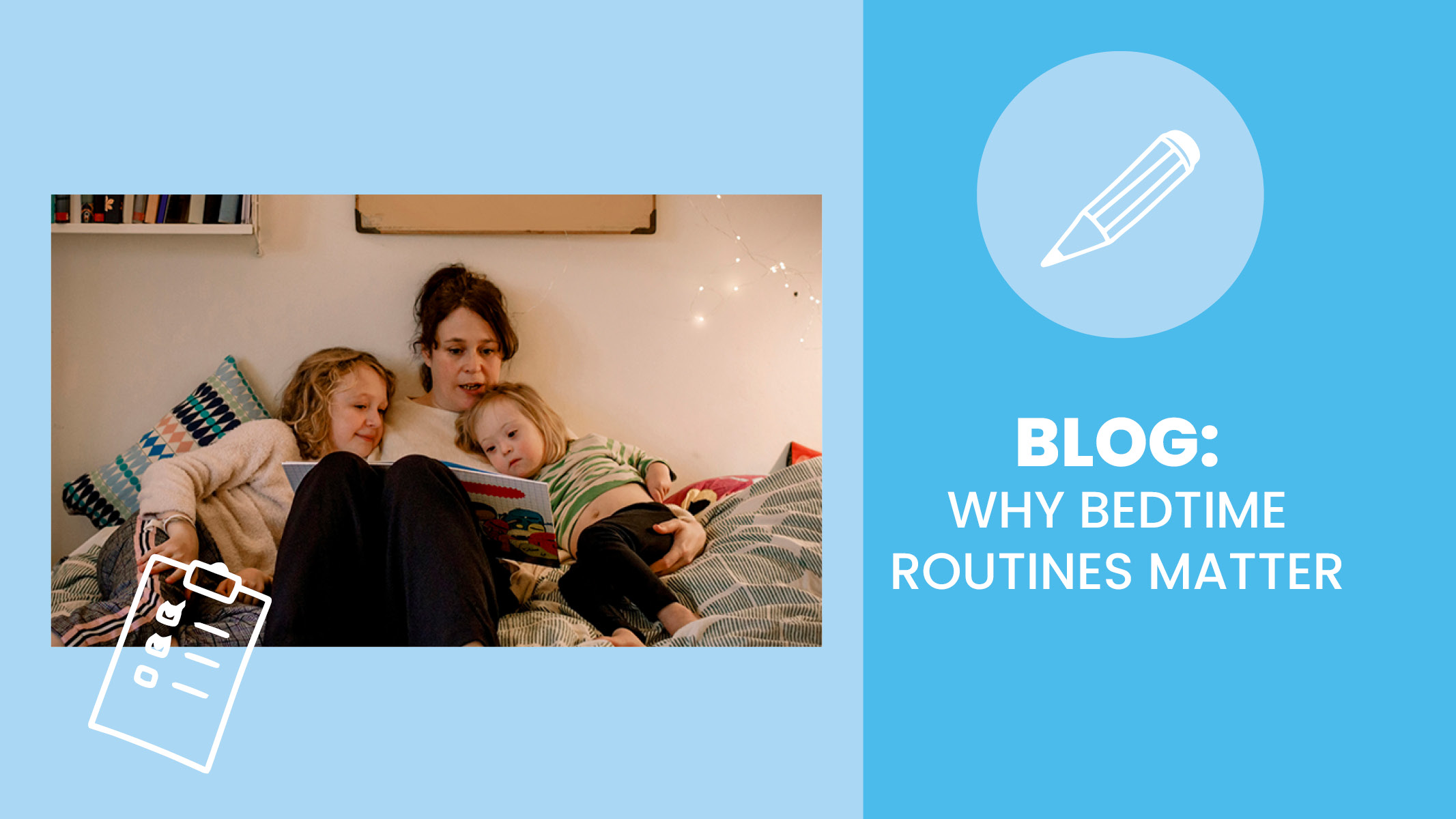Knowing how to have regular and honest conversations with your kids can be difficult. So much can happen during your child’s day or week that causes them to feel a variety of emotions which can make it overwhelming for you. What questions should you ask your child and what’s the best way to ask them?
With the number of diagnosed mental health disorders like depression and anxiety rising in youth, fostering open dialogue is more important now than ever before. Consistent, open, and honest conversations aid in kids’ growth and development and are critical to building and strengthening relationships between kids and their caregivers. When kids view you as a “safe space” to share their feelings, thoughts, and everyday experiences, they are more likely to reach out to you when they are in need, which is an indicator of positive mental health and is a healthy coping skill.
So, what is necessary to have these open and honest conversations? First, fine-tune your active listening skills. Active listening goes beyond simply hearing the words your child says but rather tries to understand the meaning behind what they are saying. Active listening helps improve communication and relationships with children by showing them you are interested, which can foster a trusting relationship. Active listening also means maintaining eye contact, giving your full attention, and not interrupting your child while they are speaking.
But how do you get started? Carve out some time for these conversations. Pick a time of the day or week with low distractions and when everyone is feeling calm to intentionally talk. As a family, you can choose a regular time to have these conversations. Dinner time, bedtime routines, car rides, or walks are great opportunities since it gives you the chance to model healthy coping skills with kids. If you openly share challenging experiences you had throughout your day, thoughts on how you overcame challenges, or the range of feelings you experienced while coping, children will learn that all feelings and emotions are okay and normal to talk about.
If you have multiple children and normally have conversations as a household, try to seek out one-on-one time with each child so they feel valued and can openly share their thoughts without their siblings’ input. If you have a set time, still ask your child for permission to start the conversation. If your child doesn’t want to talk, that’s okay, and don’t push it. If they are not ready, assure them that when they are ready, you will be available to listen.
Additionally, be sure to start slow. Especially if this is a newer practice for you and your child, start with a small amount of time with one question and slowly work your way up. You can also start with some easy conversation questions and work your way up to more in-depth ones.
Now that we’ve laid some ground rules, it’s time to start! Click here to print our Chit Chat Cards. These cards are meant to foster conversations and help you and your child connect.
Want a quick list to reference instead? Check out this list!
- How did you cope with big feelings today?
- When you feel sad, what can you do to make yourself feel happy again?
- Who can you talk to when you want to cheer up and why?
- How were you kind to someone today?
- What can you do when someone makes fun of other kids at school?
- Share 3 words to describe yourself.
- Name 3 things you’re thankful for.
- Tell me about your perfect day – Where are you, what are you doing, who are you with, etc.
- How were you brave today?
- Did something make you angry today and why?
- What makes you laugh?
- What is something that makes you worry? How do you cope with that feeling?
- How are you feeling right now? Has your mood changed throughout the day?
- What have you eaten today and what did it taste like? Was it hot or cold? Smooth or bumpy? Is it sweet, sour, or salty?
- Think of a meal you had today and categorize the foods on your plate into the 5 sections of MyPlate (protein, grain, fruit, vegetable, dairy).
- What do you think is the best thing about getting older?
- If you had one superpower, what would it be, and how would you use it?
- What was the best part of your day?
- What was the hardest part of your day?
- What do you like most about yourself?
No matter how your conversations go, remember that they take practice. And the more you practice, the greater confidence you’ll have in navigating tough conversations with your kids in the future.
Ready for More?
Cheat Sheet for Caregivers: Coping with BIG Feelings and Anxiety
I am Loved: 30+ Encouraging Printable Lunch Box Notes
Something Scary Happened – Now What? Tips for Talking to Kids


